Wireless charging has already radically simplified the use of the mobile phone: simply place the smartphone in a charging cradle and the energy flows. Porsche will soon be offering this user-friendly technology for electric cars as well.
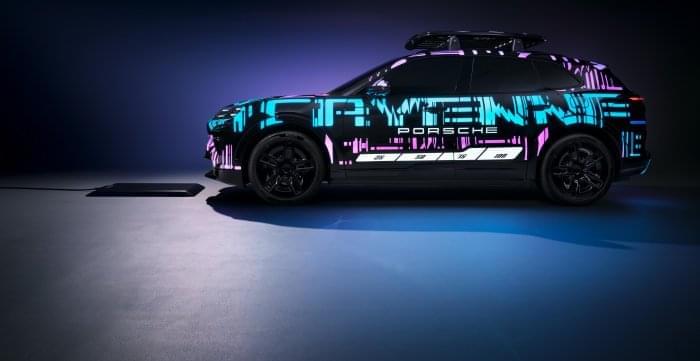

Questions to inspire discussion.
💼 Q: How could Elon Musk’s ownership stake in Tesla change with this package? A: Musk’s ownership could increase to over 25% if he achieves all 12 tranches, potentially taking 10 years to complete, with voting rights granted earlier upon milestone achievement.
📊 Q: What is the significance of the proxy vote on September 15th? A: The proxy vote determines share count and equity incentive plan, potentially giving Musk voting rights for remaining shares from the 2018 package, accelerating his path to 20% ownership.
Tesla’s Growth and Profitability Targets.
📈 Q: What is Tesla’s final profitability target in the compensation plan? A: The plan targets $400 billion in EBITDA, comparable to Meta, Alphabet, and Microsoft at their $8.5 trillion market cap, suggesting Tesla’s potential value could reach $15–16 trillion.
🚗 Q: What are the specific product-related milestones in the plan? A: Key milestones include 20 million vehicles delivered, 10 million FSD subscriptions, 1 million robo taxis deployed, and 1 million bots delivered over a 5–10 year timeframe.
Questions to inspire discussion.
🌐 Q: How quickly will Tesla expand its robo taxi service? A: Tesla plans to rapidly expand access to its ride-hailing service in the Bay Area and robo taxi service in Austin, Texas, by scaling its fleet and improving autonomous driving technology.
🚕 Q: What impact will Tesla’s robo taxi service have on the ride-hailing industry? A: Tesla’s service is expected to disrupt traditional ride-hailing, potentially becoming the most cost-effective option for customers while advancing sustainable energy transition.
Revenue and Profitability.
📈 Q: How will the robo taxi service affect Tesla’s revenue? A: The service is anticipated to generate significant revenue for Tesla, leveraging its cost advantage and autonomous technology to become potentially the most profitable ride-hailing option.
🔋 Q: How does the robo taxi service align with Tesla’s broader mission? A: The service supports Tesla’s ambition statement of accelerating the world’s transition to sustainable energy while offering a competitive and cost-effective transportation solution.
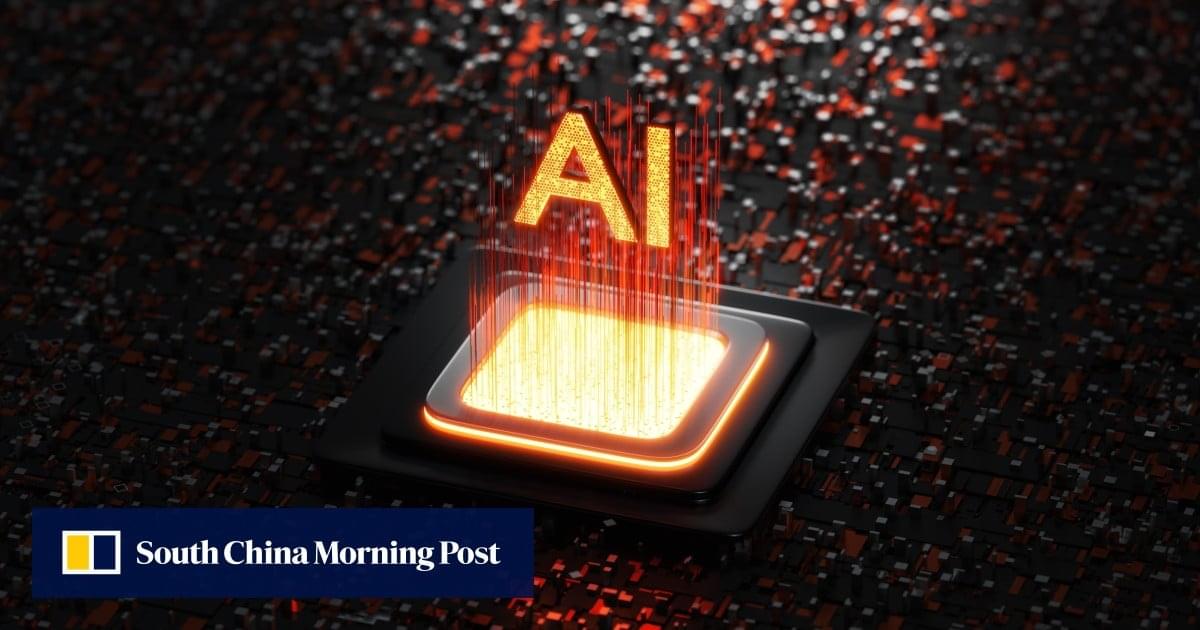
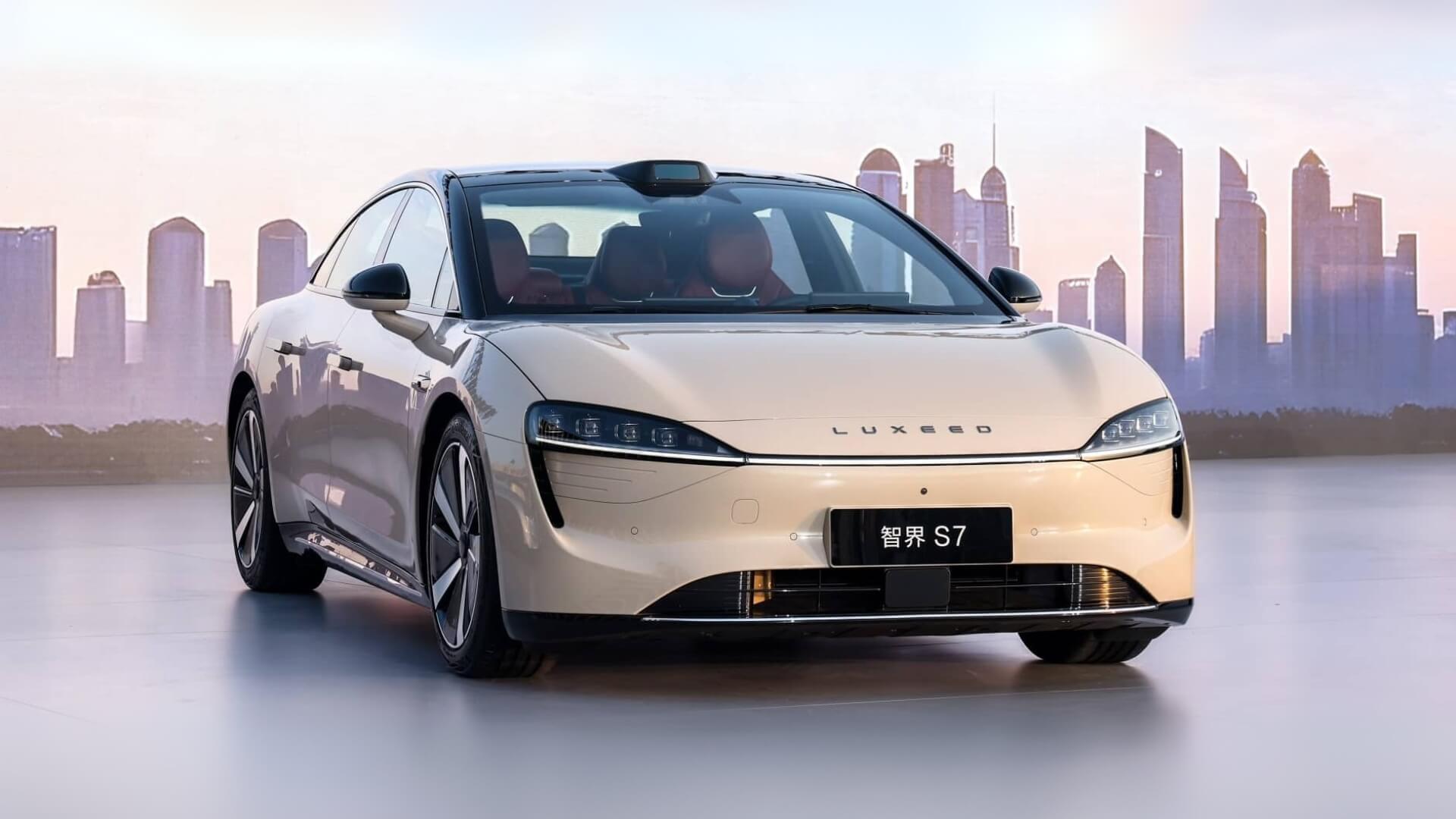
Huawei has shocked the electric vehicle (EV) world by filing a patent for a solid-state battery that claims a potential range of 3,000 kilometres and the ability to recharge to full in just five minutes. Normally, we have to assume this particular patent will go nowhere, and we will forget about it; however, it could be the start of something new.

Researchers at the University of Missouri are working to make hydrogen energy as safe as possible. As more countries and industries invest heavily in cleaner, renewable energy, hydrogen-powered factories and vehicles are gaining in popularity. But hydrogen fuel comes with risks—leaks can lead to explosions, accidents and environmental harm. Most hydrogen-detecting sensors on the market are expensive, can’t operate continuously and aren’t sensitive enough to detect tiny leaks quickly.
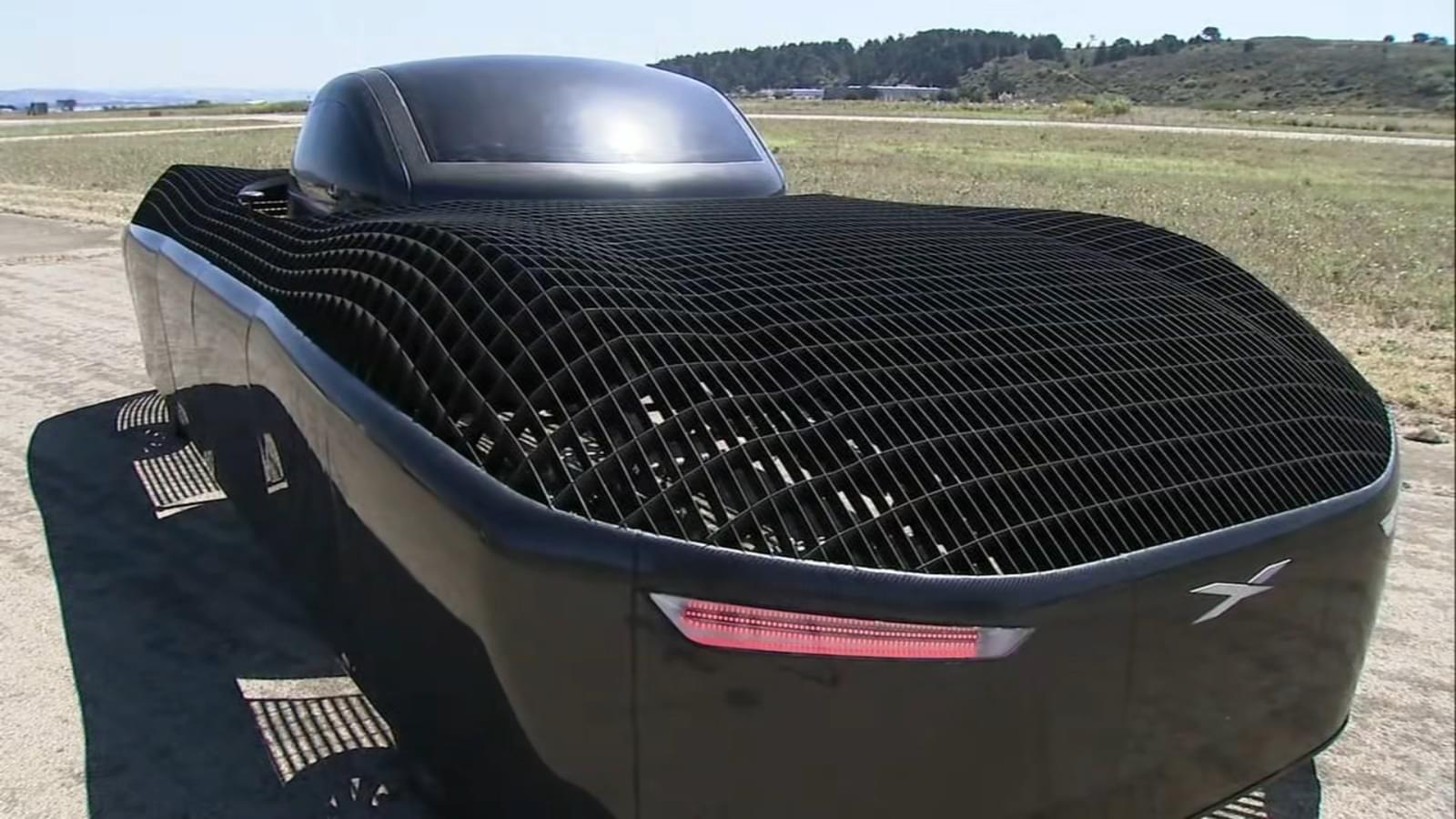
Questions to inspire discussion.
Business Strategy and Market Impact.
💼 Q: How is Tesla positioning its robo taxi service in the market? A: Tesla is aiming to change the world towards sustainable transport, winning the first two-month race in deployment, service area, and metrics, rather than engaging in an “online dork battle” about robo taxis.
📊 Q: What’s Tesla’s approach to incidents in its robo taxi service? A: Tesla is carefully managing the launch to minimize the impact of incidents on reaching peak gross margin and revenue, prioritizing this over the cost of safety monitors.
FSD Supervised in Australia.
🦘 Q: How successful is Tesla’s FSD Supervised rollout in Australia? A: It’s considered a success story, with 8 cameras processing live information, navigating complex environments like Brisbane’s “spaghetti bowl” of ramps and exits, and handling roundabouts and highway merges.
Questions to inspire discussion.
🗓️ Q: When will more details about Tesla’s master plan part 4 be revealed? A: Elon Musk will add specifics to the master plan part 4 at the upcoming annual shareholder meeting on November 6th, including key milestones for achieving sustainable abundance.
AI and Manufacturing.
🧠 Q: What is Elon Musk’s focus regarding AI development? A: Musk is prioritizing the development of AI compute capacity and deep learning models, as evidenced by his focus on XAI and Grock 5, to drive innovation in Tesla’s products and services.
🏭 Q: How does Tesla plan to improve its manufacturing processes? A: Tesla aims to create a custom AI solution using Grock agents to develop a cybernetic organism capable of manufacturing humanoids more efficiently than current Tesla methods.
🤖 Q: What is the potential timeline for Grock 5 to achieve AGI? A: Elon Musk believes Grock 5 has a chance to become AGI (Artificial General Intelligence) by next year, potentially allowing Tesla to achieve supremacy in manufacturing through superior AI.
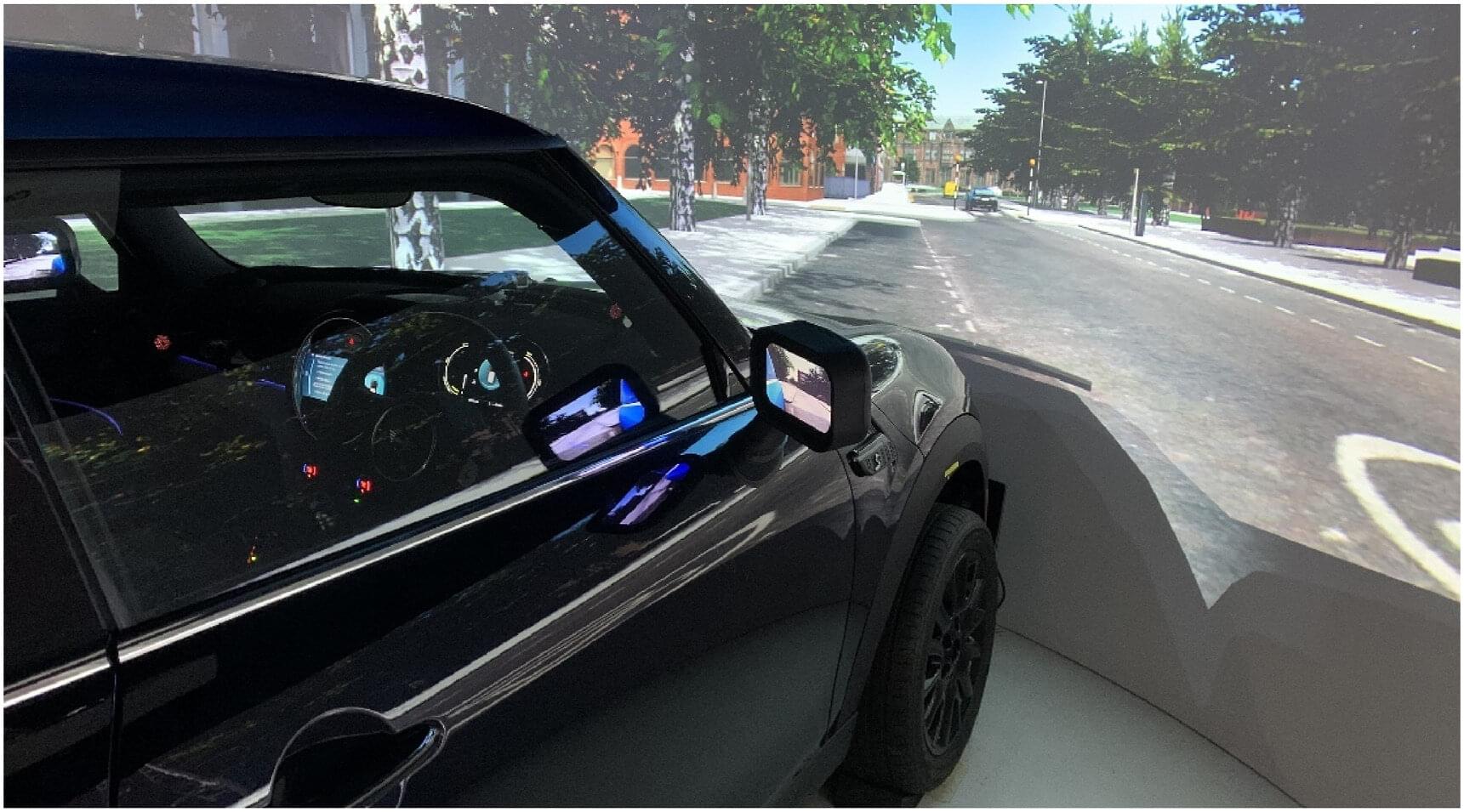
It is possible for one person to safely monitor up to five self-driving vehicles at once, according to new research led by Coventry University.
As self-driving vehicle trials expand across the UK, having trained people to intervene remotely if something goes wrong is essential for both safety and reliability.
This kind of remote oversight is likely to be used for services such as driverless buses, delivery vehicles and robotaxis, where one person monitors several vehicles as they follow fixed routes. It doesn’t apply to private self-driving cars, where a driver would currently need to be in the vehicle and in control.